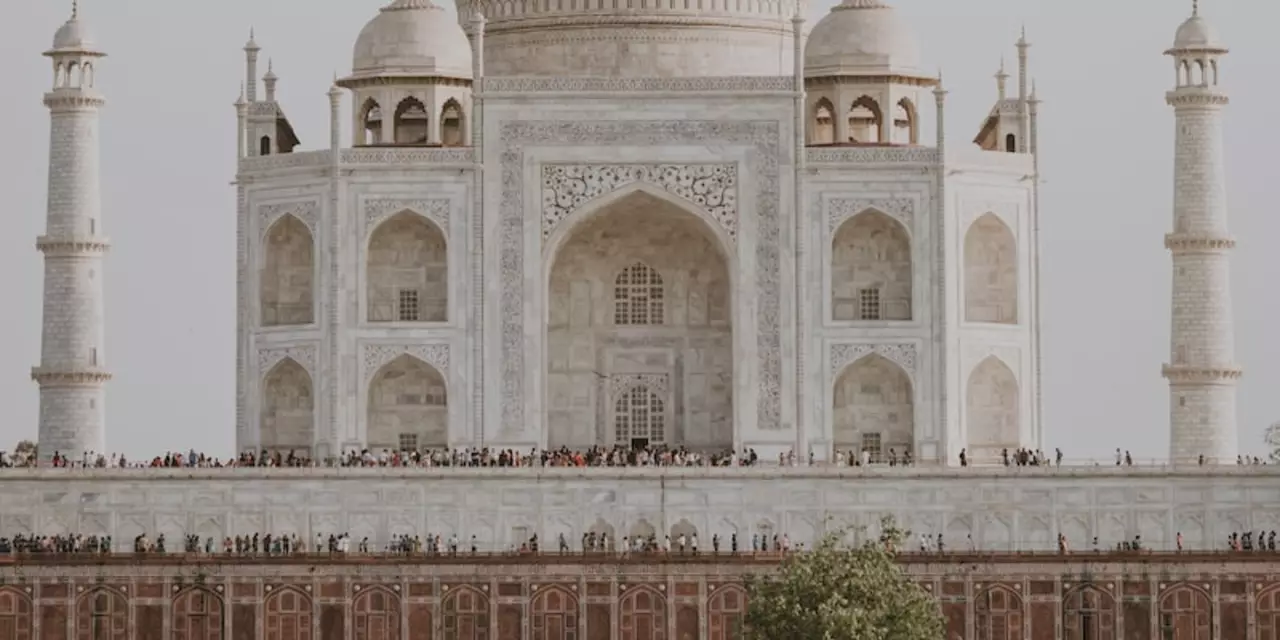- 27.01.23
- Aarav Chatterjee
- 0

Exploring the History and Significance of African Cheetah in India
African cheetah is a species of big cat native to the African continent and is the fastest land animal in the world. For centuries, it has remained a symbol of power and strength across India, with its majestic presence inspiring awe and admiration. The cheetah has been a part of India’s history for many centuries, and its presence has been documented in various ancient paintings, sculptures, and texts.In recent years, the Indian government has been working towards the re-introduction of the African cheetah to India. The Supreme Court of India recently gave the green light to this project, allowing the government to take the necessary steps to bring the African cheetah back to the country.
The African cheetah, scientifically known as Acinonyx jubatus, is a critically endangered species, with its population dwindling rapidly due to habitat loss and illegal poaching. In India, the cheetah has been extinct since the 1950s, and its presence in the country is now limited to a few captive individuals. The reintroduction of the African cheetah in India could help to revive the species, and ensure its survival in the wild.
The African cheetah reintroduction project will involve a lot of research, planning, and effort from the government, conservationists, and wildlife experts. It will involve an extensive survey of potential habitats, a detailed analysis of the current situation, and a plan to create suitable conditions for the cheetah to thrive in India. The project is expected to take several years to complete, and it is hoped that the African cheetah will soon roam free in India, once again.
The reintroduction of the African cheetah in India is certainly a step in the right direction, and it could help to protect the species from extinction. The project will also help to promote wildlife conservation in the country, and it will be a source of great pride for Indians everywhere.
Examining the Implications of the Supreme Court's Ruling on African Cheetah Reintroduction in India
The Supreme Court of India recently gave the green light to the reintroduction of African cheetahs in India, a proposal that had been long-debated since 2009. This decision has been welcomed by conservationists and wildlife activists alike, as it could be the first significant step towards reversing the declining population of the species in India. However, there are a number of implications that must be considered before any reintroduction can take place.First, the Supreme Court’s ruling requires the Indian government to formulate a plan for the reintroduction of the cheetahs. This plan must be approved by the National Tiger Conservation Authority, the Wildlife Institute of India, and the Central Zoo Authority, who will assess the feasibility of the proposal. Furthermore, the government must ensure that the habitat selected for the animals is suitable, and that there are sufficient resources available to maintain the cheetahs’ population in the wild.
Second, the reintroduction of the cheetahs will require careful monitoring and management. It is important that any potential conflicts between the cheetahs and existing wildlife, such as tigers and leopards, are addressed. Additionally, the cheetahs’ interactions with humans must be monitored, as there is a potential risk of conflict with local communities. Finally, the reintroduction plan must include measures to prevent poaching and illegal trade in the animals.
Third, the introduction of African cheetahs in India has significant economic implications. As the cheetahs are an endangered species, their reintroduction could potentially attract more tourists to India, thus generating additional revenue for the country. Additionally, the reintroduction of the cheetahs could also create jobs and opportunities for local people, as the animals require specialized care and monitoring.
Overall, the Supreme Court’s ruling is a positive development that could potentially lead to the reintroduction of African cheetahs in India. However, it is important that the Indian government carefully examine the potential implications of the decision before proceeding with the reintroduction plan. Only then can the reintroduction be successful and ensure that the cheetahs have a safe and secure future in India.
Write a comment